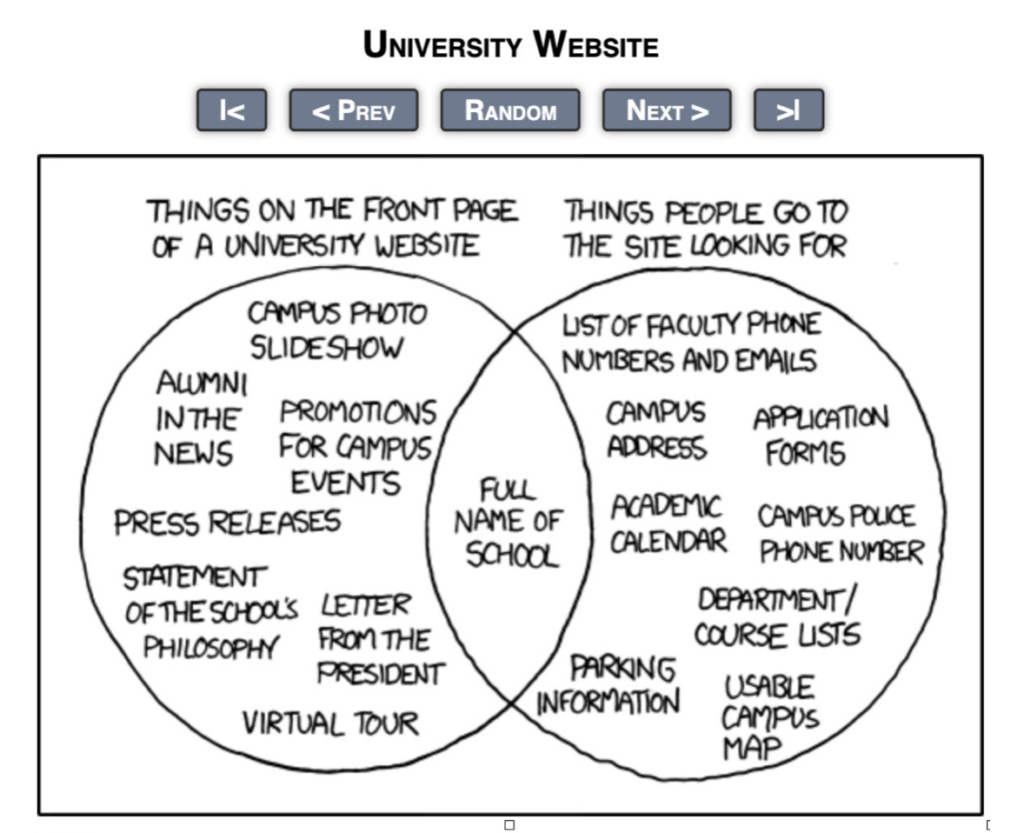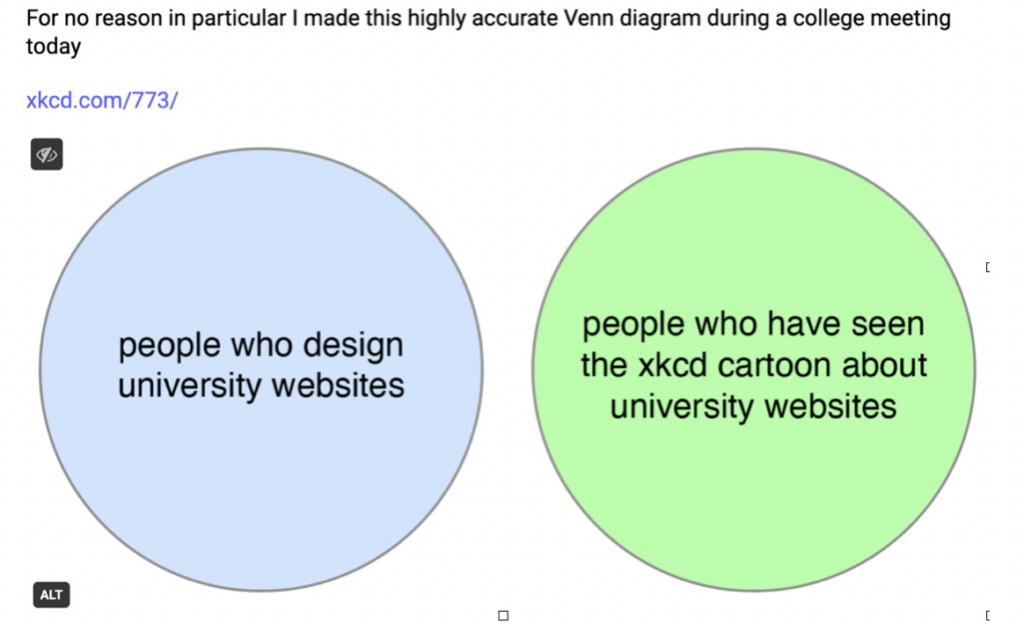Vanishing point

Cycling in to College for breakfast the other day, I found myself brooding on ‘mists and mellow fruitfulness’ and then saw this scene. And fell to thinking about how much I like Autumn, and how September, not January, is when the new year begins for me. Which is probably a legacy of a life spent working in universities, I guess.
Quote of the Day
”There’s nothing more permanent than a temporary hack.”
- Dave Winer
Musical alternative to the morning’s radio news
The Dirty Mac | Yer Blues
Wow! John Lennon on vocals, Eric Clapton on guitar, Mitch Mitchell on drums, Keith Richards on bass and Yoko Ono on blanket.
Long Read of the Day
Just for Fun
Lovely essay by Rebecca Baumgartner on people’s reaction to the news that she’s learning German — for fun! Which is really a reflection on the way our neoliberal-driven society is disdainful of hobbies, of things we do just because we enjoy doing them.
I was struck by this passage.
Beneath the self-deprecating label of “hobby” lives a whole array of benefits that we (ironically) don’t have the words to talk about. We don’t have a way of talking about fulfillment and enrichment, or flow and connectedness, without sounding like a snob or a hippie.
So many of the unpaid things I do fall into this category. These things make it possible to stay hopeful. They keep me flexible. They give me something to talk about – a virtue not to be underestimated for those who hate small talk. They (hopefully) make me a more interesting person to know. They make me feel connected to something. They help me stay awake, literally and metaphorically. They keep me engaged when I feel myself languishing. They take me out of my competent adult role and provide me with an invigorating dose of failure.
Yep. You could say that applies to my photography habit — as an incessant (and usually futile) quest for that one perfect picture. (My only satisfaction is that Derek Parfit had it worse; but at least he was also a great philosopher.) Or my enjoyment of crosswords — the pathetic satisfaction of eventually realising, for example, that the solution to “previous tube made one lose patience” (3,4,5) is “the last straw”.
Books, etc.
Elon Musk: pillock, genius, or both?
My Observer review of Walter Isaacson’s biography of the SpaceX and Tesla guy.
Sample:
Much of Musk’s industrial success comes from his persistent attention to engineering detail and willingness to overturn practices that had congealed into holy writ in these industries. He is a great believer in “vertical integration” – making things yourself rather than outsourcing to others – for example. So Tesla writes all its own software whereas other car manufacturers outsource theirs to Silicon Valley giants. Musk believes that there must be no barriers between design and manufacturing: designers’ desks should be physically close to the production line. He believes that in redesigning many industrial processes automation is the last thing you should do, not the first. So just as Henry Ford is remembered not so much for the Model T but for the production line that made it, Musk will probably be celebrated for his obsession with “the machine that builds the machine”.
There is, however, a dark side to this industrial creativity. The term that comes continually to mind from reading Isaacson’s account of how Musk runs his pioneering enterprises is “brutal”. A fanatical worker himself, he doesn’t give a toss about employees’ work-life balance. He believes that if people want to prioritise their comfort and leisure they should leave his employment. He emails employees reminding them that “a maniacal sense of urgency is our operating principle”. Isaacson’s study of Musk’s management style is filled with sudden dismissals, capricious decision-making and apparently sociopathic indifference to the feelings of other people. As one of his oldest friends from university put it: you can work with him or be his friend, but not both…
Footnote: It’s hard to get it right when writing about Musk. There’s a forcefield around him that continually shapes people’s views about him into single dimensions. (Something similar applied to Steve Jobs.) Binary categorisation: Pillock or Genius. And so I expected criticism when I decided just to focus on what Isaacson’s (diligent) research tells us about the things that Musk has built, rather than delving into his wacky, borderline-crazy behaviours. I expect there has been lots of criticisms of that approach, and the usual accusations of having become a devil-worshipper, etc.
But then I remembered that trying to keep a focus on ‘the work’ has always been a challenge. Many distinguished people in history — artists as well as inventors and industrialists — have been flawed and, on occasion, monstrous human beings. Think of Evelyn Waugh, Phillip Larkin, Ezra Pound, James Joyce, Céline, to name just five with whom I am familiar. Somehow in the Humanities, though, we succeed in drawing a line between the work and the author. Or used to, anyway. Maybe in an age obsessed with ‘cancellation’ it’ll be more difficult.
My commonplace booklet

Jonathan Peelle’s response:

Circular cats, contd.

Sheila Hayman (Whom God Preserve) writes…
I took advantage of this convenient sleeping in circles habit when one of my great nieces wanted a cat cake for her birthday….
Linkblog
Not all USB-C cables are created equal.
Useful warning by Brian X. Chen in the NYT.
Key takeaway: don’t charge your device using cables you buy in, say, a filling station. These cables are no longer just dumb pipes, so you need the right one for a particular job.
This Blog is also available as an email three days a week. If you think that might suit you better, why not subscribe? One email on Mondays, Wednesdays and Fridays delivered to your inbox at 6am UK time. It’s free, and you can always unsubscribe if you conclude your inbox is full enough already!
